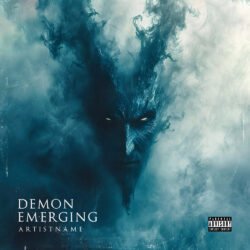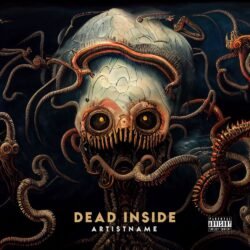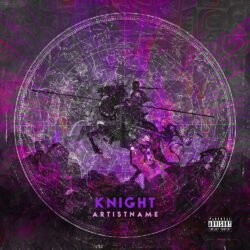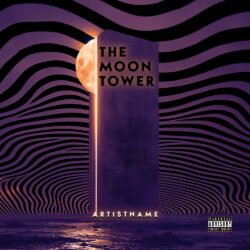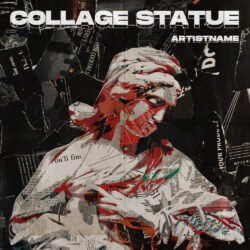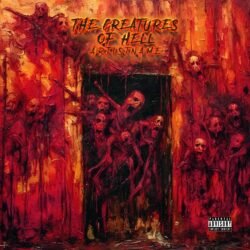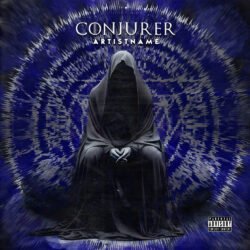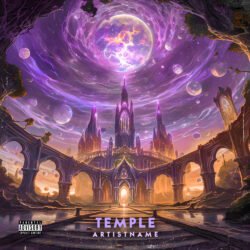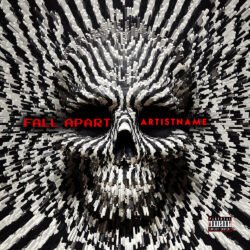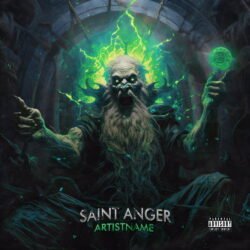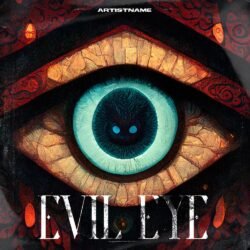Download exclusive premade metal album cover art designs and digital artworks for sale created by artists, for artists.
Can’t discover your artwork? We’ve got you covered! Buy cover artwork's job is to curate a collection of unique exclusive licenses download premade artworks for sale, also provide design services for artists, musicians, bands, singers, vocalists, DJs, producers, record labels, authors, content creators, distributors, and publishers with the collaboration of top artists, designers, and makers that would elevate music into visual imagery.
Covering every genre, from Metal, Heavy, Death, Thrash, Doom, and Black metal. Grab your favorite Artworks (illustrations, images, photos, collages, and graphic arts) and use them for Albums, Singles, EPs, Posters, Merchandise and more on Distrokid, Spotify, Apple Music, Bandcamp, Soundcloud, Tidal, Deezer, and other Streaming, Publishing, and Printing Services. You also can turn them into a short looping animation and use it for streaming services like Spotify videos or YouTube and other social media like Instagram stories or TikTok.
A Dive Into Metal Music
Heavy Metal
Thrash Metal
Death Metal
Doom Metal
Black Metal
Classic Metal
Progressive Metal
Power Metal
Glam / Hair / Pop Metal
NWOBHM (New Wave of British Heavy Metal)
Extreme Metal
Crossover Thrash
Grindcore
Stoner & Sludge Metal
Symphonic Gothic Metal
Nu Metal & Rap Metal
Metalcore / NWOAHM (New Wave of American Heavy Metal)
Though most people mistakenly believe that metal is a faster, harder subgenre of rock, metal is a continuation of blues, which is known as "the Devil's music." Following its experimental phase in the 1970s (see Classic Metal for more information), metal rapidly evolved into a multitude of distinct styles, losing many of its Blues influences. But there have always been two elements to blues music: lyrics about loss, nihilism, suffering, and tragedy, as well as a more subtle undercurrent about the Devil (though for blues this was more of a reputation than an actual theme). Metal went into obsessive detail about these points. Pentagrams, evil themes, death, destruction, corpses, zombies, Satan, gothic and sharp artwork, lots of black, torture, and a hand symbol that looks like the Devil's horns combined with the letter "M" The main components of stereotypical metal art and culture are these, and they have grown to be so prevalent that anything else is essentially the exception. The visual language of metal, which represents anything sinister or wicked, extends into corresponding clothing items like long, sultry hair, black jeans, black leather, wristbands with sharp pins, and of course, metal T-shirts.
The term “Metal” describes well the two cornerstone aspects of the genre. It is heavy due to more amplification and distortion than Rock and it is also very “metallic”, meaning technical/rational. Metal is an overcharged engineer among genres, with highly technical unique elements such as blast beats, double bass drums, 12-string bass, lightning guitar solos, and difficult voice techniques (grunting, falsetto, opera, screeching, etc.). Metal songs are usually longer than Rock songs, with more elaborate and diverse song structures. Without a radio-friendly format, Metal has stayed clear from mainstream attention, although the genre is internationally well-known and connects fans across the most diverse of countries. Riffs are even more important than in Rock, and form the foundation around which many Metal songs are built. Many Metal riffs, especially early ones, make use of the Tritone: a musical dissonant interval of three whole tones that conveys a sense of restlessness. As such, the Tritone has been associated with the Devil (Tritonus Diabolus in Musica Est) since the 18th century. What makes Metal appealing as well is a strong tendency for the theatrical. Metal likes to be bombastic to fortify its message (often of doom or evil), whether by classical elements, synth elements, more instrumentation, instrumental intermezzos, or elaborate intros.
“Metal” as a phrase can be traced back to Steppenwolf’s famous Hard Rock single “Born to be Wild”, in which the line “Heavy Metal Thunder” is mentioned: a quote from William S. Burrough’s book “Naked Lunch”. After all, Metal and Hard Rock were more or less the same in the early stages of the genre.
Metal is extremely popular within nerd culture. This is no coincidence: Metal is music for the analytical mind; it does not simply present itself but challenges the listener to carefully dissect the overload of mid- and low-frequency aural information. To absorb all of the music, Metal urges to re-listen at high volume. Because nerd culture has taken an interest in Metal, it has become one of the most defined, examined, and structured super-genres, with a strong hierarchical genealogy and copious (over 50) subgenres, sometimes bordering on the ludicrous. Christian Black Metal, Pirate Metal, and Viking Metal are such examples. It is only a matter of time before Ninja Metal gets invented, but until then, there is already plenty to explore within one of the healthiest super-genres and with one of the most loyal fan bases. Metal has considerable overlapping with Hardcore Punk, as both genres share a love for speed and heavy guitar music. Grunge is sometimes regarded as a part of Metal as well, but this has led to a backlash from German Metal fans, who swear only by so-called “True Metal”: Metal without Grunge or other crossovers.
Although Metal culture is (just like Hardcore Punk) largely drug-free, the average alcohol consumption tends to be much higher than within any other music culture and certain genres (Folk Metal or Viking Metal) are conceived as the perfect music to be very, very drunk to. Combined with the special Metal “dance” of head-banging, Metal is far from an introverted genre – it’s meant to bring down the house.
